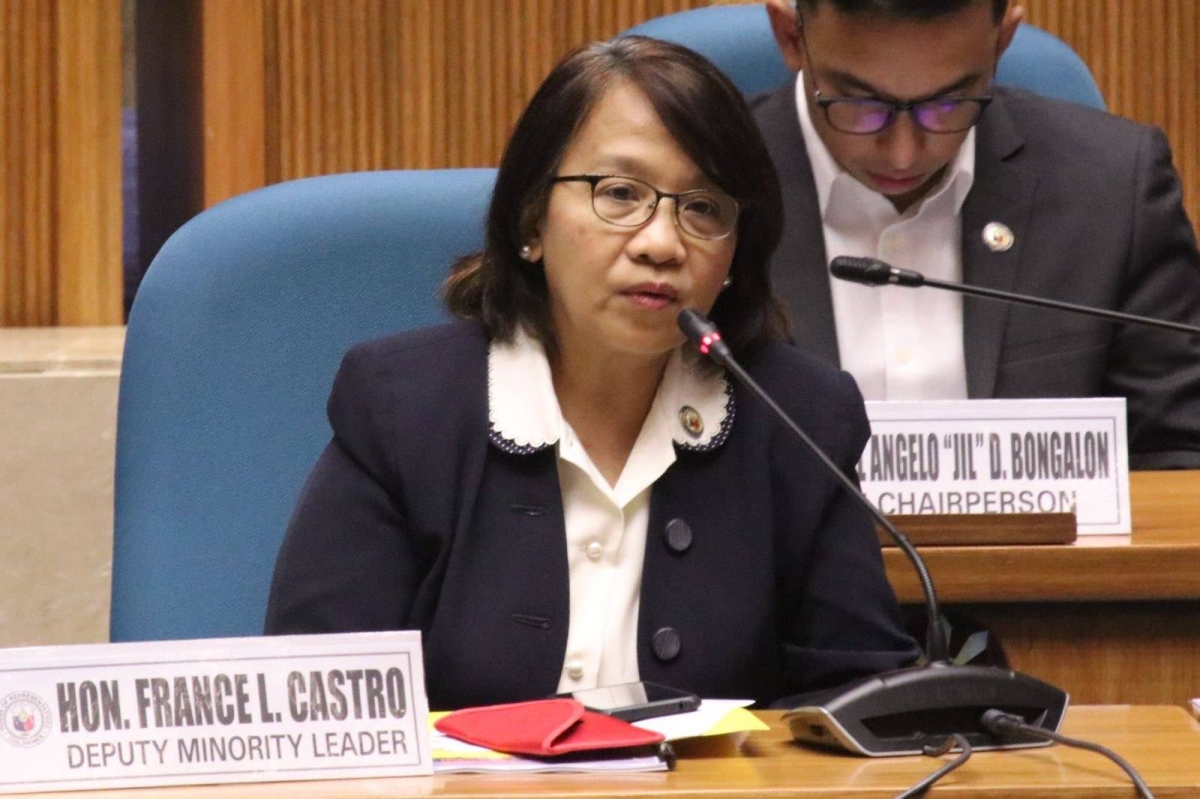Introduction
Castro argues that this provision has allowed distribution utilities to manipulate electricity rates and prioritize their own financial gains over the welfare of consumers. By prohibiting cross-ownership, the proposed bill aims to address this flaw and ensure fair and reasonable electricity rates for all consumers.
Potential Impact of House Bill 8079
The potential impact of House Bill 8079 on recent significant deals in the energy sector cannot be overlooked. The $3.3 billion megadeal between Meralco, San Miguel Corp., and Aboitiz to take over liquefied natural gas facilities in Batangas serves as a prime example. Castro asserts that if this bill had already been enacted, such a supermerger would not have been possible. This highlights the urgency of passing the bill to prevent further consolidation of power in the hands of a few major players in the industry.
Persistently High Electricity Rates
Moreover, the need for this bill is further underscored by the persistently high electricity rates in the Philippines. Despite the Electric Power Industry Reform Act (EPIRA) being in place for over 20 years, the country continues to maintain its position as one of the regions with the highest electricity rates in Asia. This not only burdens consumers but also acts as a deterrent to foreign investors who are wary of the high cost of doing business in the country.
Flaws of the EPIRA
Castro believes that one of the major flaws of the EPIRA is the provision allowing cross-ownership of utilities and generation plants. This provision has allowed distribution utilities to exert undue influence over the generation sector, leading to higher generation costs that are ultimately passed on to consumers. By prohibiting cross-ownership, House Bill 8079 aims to level the playing field and promote healthy competition in the energy sector.
Impact of Cross-Ownership on Electricity Rates
The impact of cross-ownership on electricity rates cannot be underestimated. When a distribution utility has ownership in power generation facilities, it creates a situation where the utility’s interests may not align with those of the consumers. This conflict of interest can result in higher electricity rates for consumers.
Reasons for Higher Electricity Rates
The reason behind this is quite simple. When a distribution utility owns power generation facilities, it has a financial stake in maximizing the profits from those facilities. This means that the utility may prioritize its own financial gains over the welfare of the consumers. As a result, the utility may increase the generation costs of electricity, which are ultimately passed on to the consumers in the form of higher electricity rates.
Prohibition of Cross-Ownership in House Bill 8079
House Bill 8079 recognizes the significance of this issue and aims to address it by prohibiting cross-ownership. The bill understands that any increase in generation costs directly affects the electricity rates paid by consumers. Therefore, by prohibiting cross-ownership, the bill aims to ensure that distribution utilities focus solely on providing affordable electricity to consumers.
Other Flaws in the EPIRA
In addition to the issue of cross-ownership, another flaw in the EPIRA that needs to be addressed is the lack of effective regulation and oversight. The current regulatory framework has been criticized for being inadequate in ensuring fair and competitive practices in the power sector. This has allowed some power generation companies to exploit their market dominance, resulting in higher electricity rates for consumers.
To address this concern, Representative Castro proposes the establishment of an independent regulatory body with the authority to monitor and regulate the power industry. This regulatory body would be responsible for setting fair and transparent pricing mechanisms, ensuring compliance with environmental standards, and promoting competition in the sector. By having a dedicated regulatory body, the government can effectively oversee the operations of power generation companies and protect the interests of consumers.
Promotion of Renewable Energy
Furthermore, the EPIRA also lacks provisions that prioritize the development of renewable energy sources. With the growing global concern over climate change and the need to transition to cleaner and more sustainable energy sources, it is crucial for the Philippines to incentivize the development of renewable energy projects. By amending the EPIRA to include provisions that promote the use of renewable energy, the government can encourage investment in clean energy technologies and reduce the country’s reliance on fossil fuels.
Source: The Manila Times








